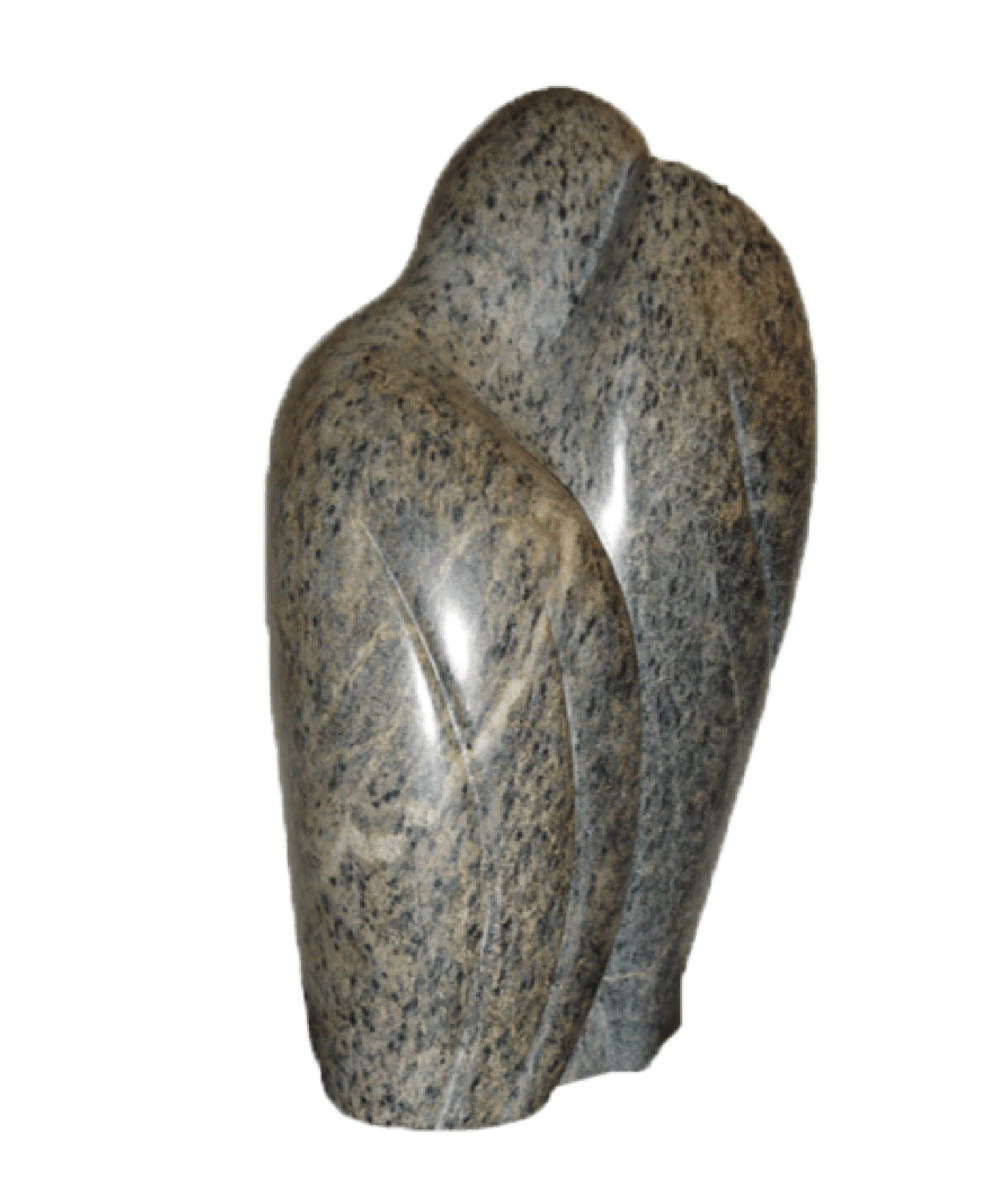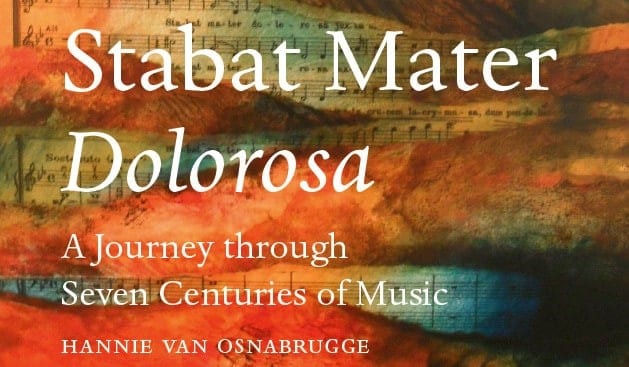Fedele Fenaroli
About the composer
Fedele Fenaroli (1730-1818) was born April 24, 1730, in Lanciano, Abruzzo in Italy as a son of the maestro di cappella of the Lanciano cathedral.
At the age of fourteen Fenaroli was sent to Naples, where Francesco Durante was one of his teachers. At twenty five he already became a teacher himself (in counterpoint and composition) at the institute where he had studied. Amongst his pupils were composers like Zingarelli, Cimarosa and Mercadente.
Fenaroli composed a number of opera’s, various oratorio’s and other sacred works and works for harpsichord. Fenaroli is important, as he undertook the task of putting his teaching method into writing, for example in the famous six volume work Partimenti, ossia basso numerato (on harmony and counterpoint).
Fenaroli died in Naples in 1818 at the age of 88.
About the Stabat Mater
| Date: | 1775 |
| Performers: | Male soprano, countertenor, strings and continuo |
| Length: | 30.40 minutes |
| Particulars: | The piece is divided into eleven parts, varying from 1 to 4 stanzas, when the final "Amen" is reckoned to be a separate musical part. This is treated as a fugue, as are the duets on stanzas 10 and 13. The work is regarded as having been influenced by Pergolesi's work. |
| Textual variations: | The text according to the "Analecta" is used, with the exception of: |
| Colour bar: |
|
Information about the recording
| CD: | Nuova Era 7306: Fedele Fenaroli, Stabat Mater |
| More info: | Apart from the Stabat Mater the CD brings two vocal pieces and a small organ work by Fenaroli. It is interesting that the soprano part is sung by a man. I never heard of a male soprano before. Thanks to Felipe Valenzuela I now know that a website about male soprano’s existed, unfortunately it has gone. Recorded in Pompei in May 1997. I bought this CD in a record shop in the Netherlands, 1999. |
| Orchestra: | I Solisti dell'Accademia Musicale Napoleatana |
| Conductor: | Maurizio Ciampi |
| Soloists: | Alessandro Casari, male soprano |
| Other works: | Inno "Pangue Linga" |
| Code: | 1999 (FEN 01) |





